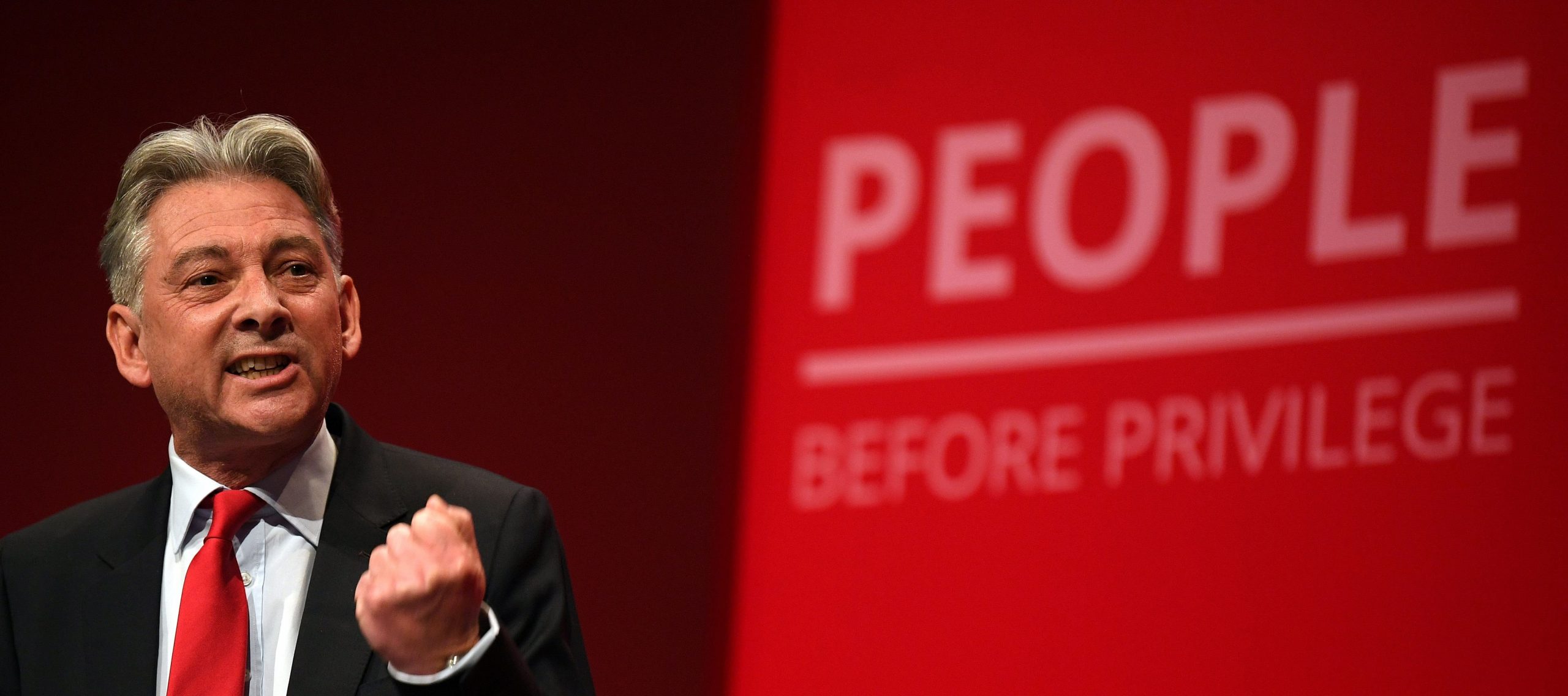
In the end, Richard Leonard has bowed to the crushing inevitability of political logic. His resignation as leader of Scottish Labour comes after three disastrous years at the helm – yet the biggest disaster of all was months away.
The party goes into May’s Holyrood election in terrible shape. And it is an election that matters more than most, as a majority for the SNP would give it a mandate for a second independence referendum.
Labour, which had once been the Union’s bulwark in Scotland, now barely registers. Its repeated, confused shifting of position on whether to support a referendum has allowed the Tories to become the nation’s main Unionist force, and also to push Labour into third place at the Scottish parliament, while the SNP has stolen its clothes on the centre left.
[See also: Why it’s time for the Conservatives to ask Gordon Brown to help them save the UK]
Leonard himself was entirely the wrong man for the job – an old socialist, he surfed the Corbynite wave to power, but lacked the politics and the personality to grab voters’ attention. Neither was there any Momentum-style structure north of the border to support his brand of politics, to develop policy, or to suggest he was anything other than the figurehead of a small and tightly-knit gang of unreconstructed leftists.
Scotland is not the left-wing country the idealists like to claim. Leonard’s political offer, based on a romanticised vision of the working class and a fiery statist commitment to workers’ rights, was old-fashioned and said nothing to Middle Scotland about its priorities. His strange, bobbing appearances at First Minister’s Questions were always a bit sub-Scargill. He shouted too much – “someone tell Richard there’s a microphone”, was one opponent’s response.
Last year the centre left attempted to remove him from power, after a dismal run of election results. Scottish Labour lost both its MEPs in the 2019 EU elections, and all but one of its MPs in the same year’s general election. Leonard survived, but only just – there was no great enthusiasm for him even among those who remained loyal.
The election of Jackie Baillie as deputy leader last year indicated his time was drawing to a close. Bailie, an experienced and well-liked former minister and shadow cabinet member, was an open critic of Leonard’s. The party had decided it was time to move on. The election of Keir Starmer as UK Labour leader only emphasised the point.
Leonard had insisted he would stay in post until May’s election, but in an article for the Daily Record he admits he “thought long and hard over the Christmas period about what this [Covid-19] crisis means, and the approach Scottish Labour takes to help tackle it. I have also considered what the speculation about my leadership does to our ability to get Labour’s message across. This has become a distraction.”
Starmer and his team, including shadow Scottish secretary Ian Murray, were keen for Leonard to quit. It’s likely intense pressure was applied over the holidays.
While his departure will be a relief to many in the party, it doesn’t automatically mean its electoral performance will suddenly improve. Leonard’s removal is a necessary but insufficient step. The SNP has supplanted Labour as the vote of choice for most Scottish socialists, and even many moderate voters have lost patience with the UK over Brexit and Boris Johnson’s leadership. Meanwhile, the Tories will continue to present themselves as the staunchest defenders of the Union.
[See also: The twilight of the Union]
His successor is likely to come from the moderate wing of the party – someone more in sympathy with Starmer’s approach. Baillie is an obvious contender, as is Monica Lennon, who mounted a successful cross-party campaign to end period poverty. Anas Sarwar, the party’s spokesman on Brexit and the constitution, is also expected to throw his hat into the ring.
But as the saying has it, you wouldn’t start from here. The next leader will have only a few months to connect with voters and design a manifesto that has broad appeal. Meanwhile, the Scottish party structure is hollowed out and many of Labour’s MSPs have been at Holyrood for too long.
Scottish Labour can still expect a hefty beating in May’s election, but at least now the work of renewal can begin. The question is whether it’s all too late.



